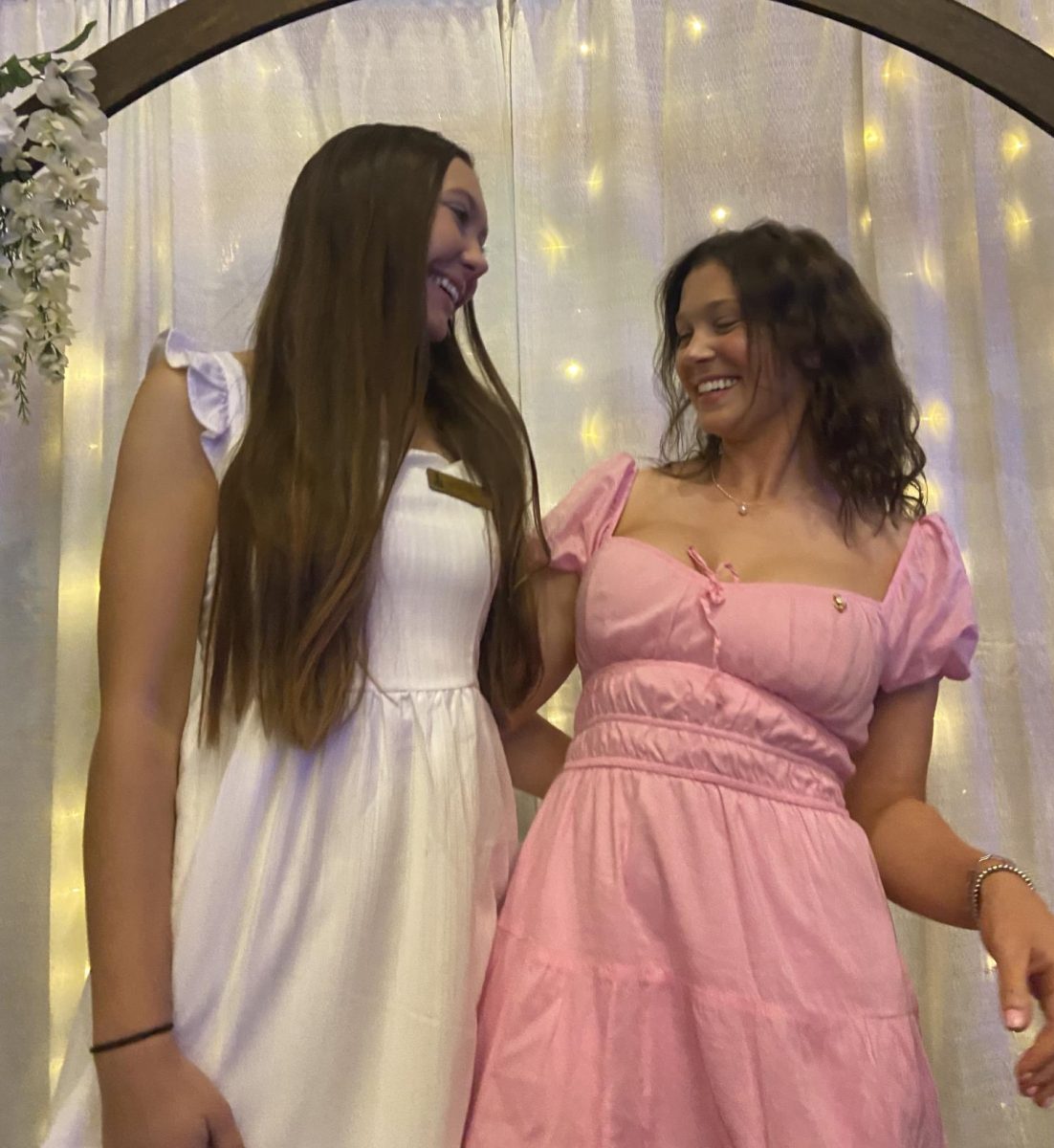They intrigued me, those blank pages of a mysterious red notebook in our “Junk Room” almost four years ago. I just knew as I browsed through those blank pages and allowed my imagination to soar that a story was there waiting for extraction through the lines. Much like Michelangelo, I had to bring out the art within the choice of artistic medium.
I have traveled far from the moment of first finding the mysterious red notebook, filling those pages with poetry and playwriting and currently filling news and online pages with commentaries of much less rhyme and rhythm. After spending these four years training under fiction writers and honing the craft of creative writing, I currently steer in a direction of factual, non-fiction, objective writing-a path I definitely did not intend and actually avoided early in my writing practice. Ironic and inspiring, but no longer is my verbosity an ignition of the poetic spark that once incipiently grew from my mighty pen. The fires lead elsewhere.
Nonetheless, I’ve come to embrace this new direction and to understand how the pen is mightier than the sword. Communication is irreversible, and the written word is no different. After the Harry Potter series, children’s literature will never be the same. James Frey labeled his fictionalized memoir as a biography and was sentenced to exile from Oprah’s Book Club. Priscilla Ceballos helped her 6-year-old daughter win Hannah Montana concert tickets in an essay contest, only to have the prize revoked when it was discovered that the essay about the girl’s father dying in Iraq was fabricated.
Online journalism has arisen as the next big thing in written communication and freelance writing, with websites such as helium.com, suite101.com and triond.com, where anyone can proclaim credible expertise on anything (and get paid for it). Though a great outlet for writers trying to break into print, articles cannot be easily removed once posted on the respective website.
In the United States, citizens have been guaranteed freedom of expression as an inalienable right. We can say what we want, sometimes with shameful repercussions. But in many places around the world, this freedom is not yet available. As I finish up this commentary and every future commentary, I must remember that I am extremely lucky to be able to speak my mind without fear of any lethal or legal backlash from the government, that I can point out what’s wrong with anything I see as egregious and not worry about someone from the other side seeking revenge for being exposed.
Many have died for their journalism, most notably Russia’s Anna Politkovskaya for her work on the war and the human rights abuses in Chechnya. Prior to being murdered in her apartment building, Politkovskaya could have easily escaped the hardships of being a journalist in Russia, as she had dual citizenship between the Russian Federation and the United States. But she chose to write and stand up for freedom of expression in a country that has recently increased censorship on its media. Journalism can be an honorable profession, if done with passion and with the courage to work beyond the comforts of a desk and a laptop.
The Editor-in-Chief of our school newspaper my senior year in high school was in my homeroom, and our homeroom adviser once told her–“It’s not journalism unless someone disagrees with what you say.”
Writing is a privilege, one that can easily be taken away (much more easily in some places than in others). Those who handle the controversy and embrace the challenge to write something that others would not just care to read, but find meaningful as well, deserve the privilege. It’s not words on a page, but words within the pages, and only a true paleontologist of the written word can exhume an artifact that would add to the history of mankind.
Allison Reilly is a sophomore in the College of Arts and Sciences.








